
Interview with the Authors: Demystifying Scholarly Metrics
Interview about book that introduces various types of bibliometric and altmetric indicators and provides advice on interpreting them with context

Interview about book that introduces various types of bibliometric and altmetric indicators and provides advice on interpreting them with context
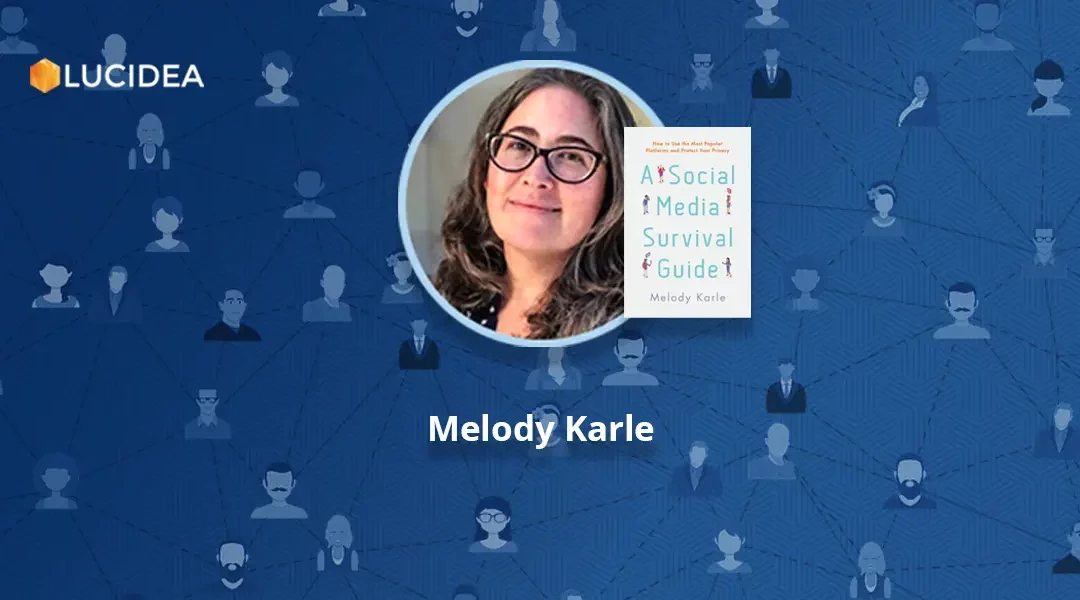
Librarians are the front line for many patrons trying to solve problems, especially problems with technology and online access, including social media.
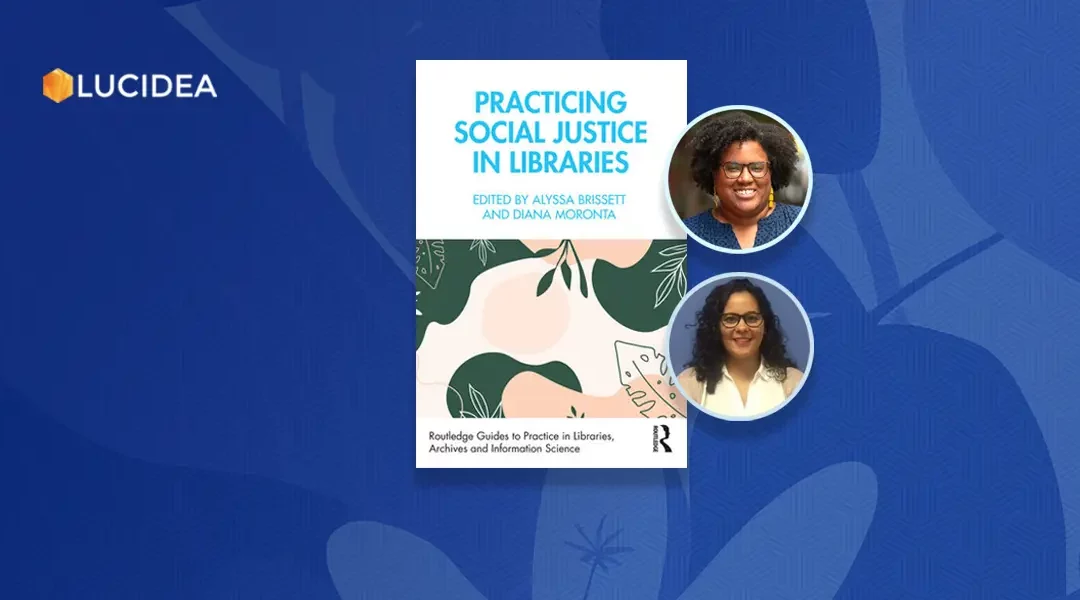
Practicing Social Justice in Libraries provides practical strategies, tools, and resources to library and information workers who wish to drive change
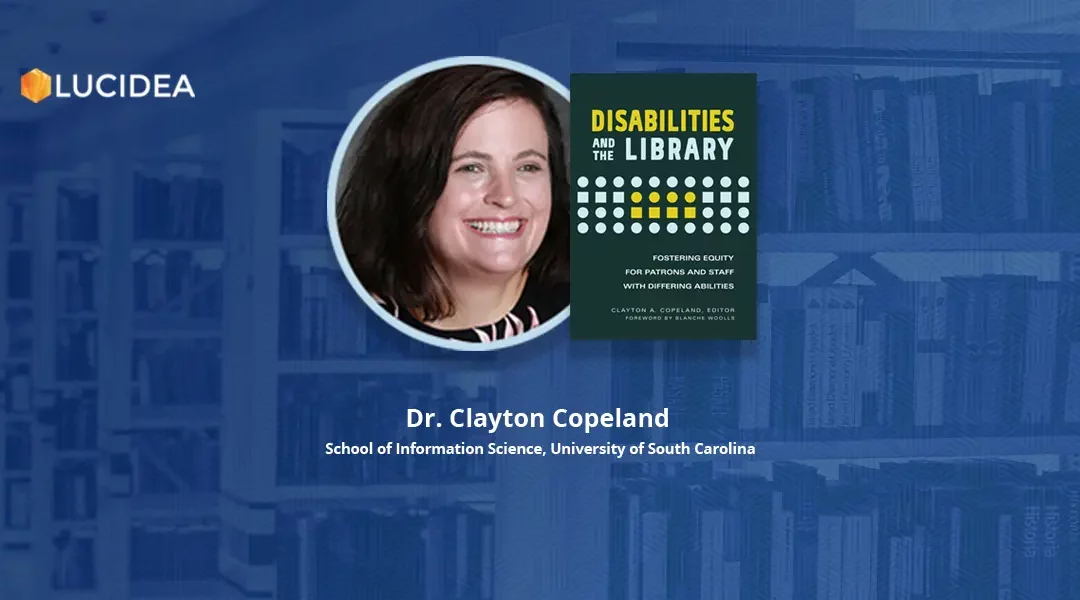
Librarians need to understand the needs and abilities of differently abled patrons; interview with author of a primer on fostering equity in libraries
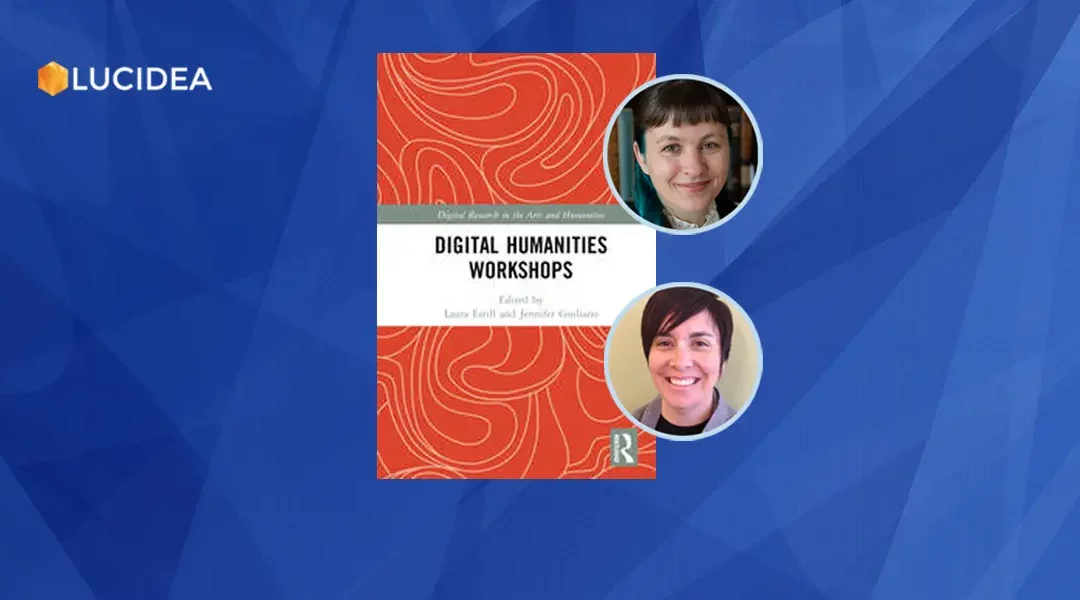
Interview with Laura Estill, Jennifer Guiliano, editors of Digital Humanities Workshops, Lessons Learned; why these workshops are important

Interview with Jane Dysart and Brian Pichman about the upcoming Computers in Libraries Conference; trends and what to expect.
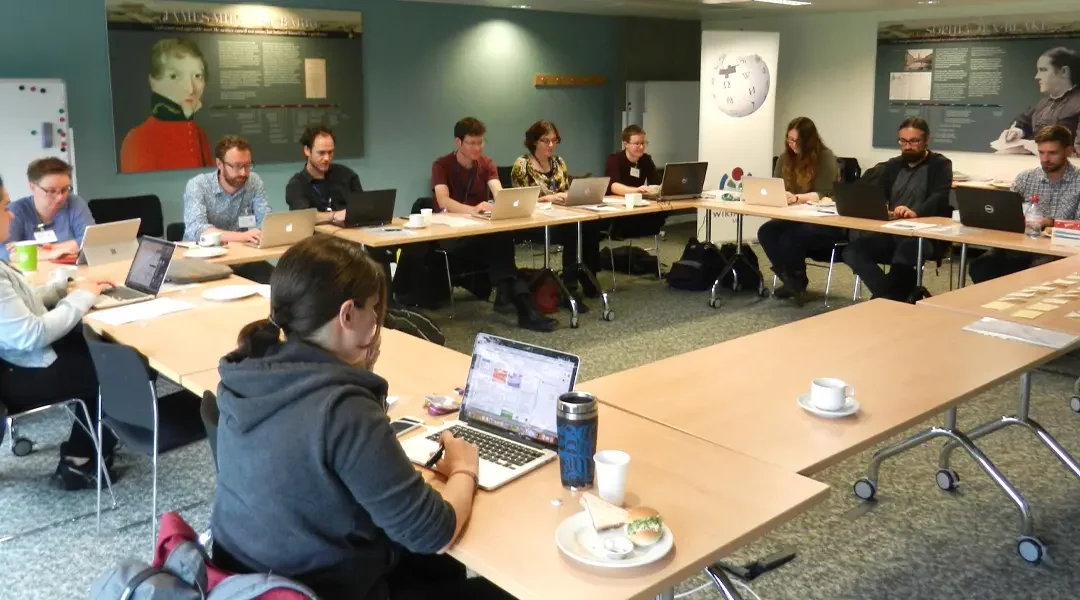
Transformational learning in a library may occur around information access, information privilege, source evaluation, bias, digital divides, etc.
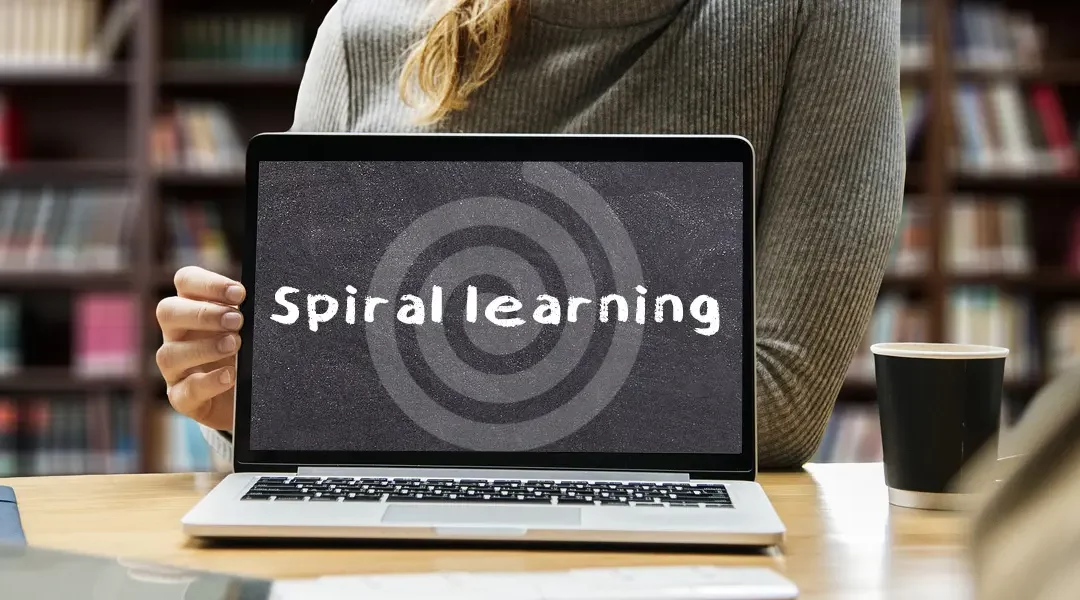
With the spiral learning method, library instructors circle back to topics and add new information each time.
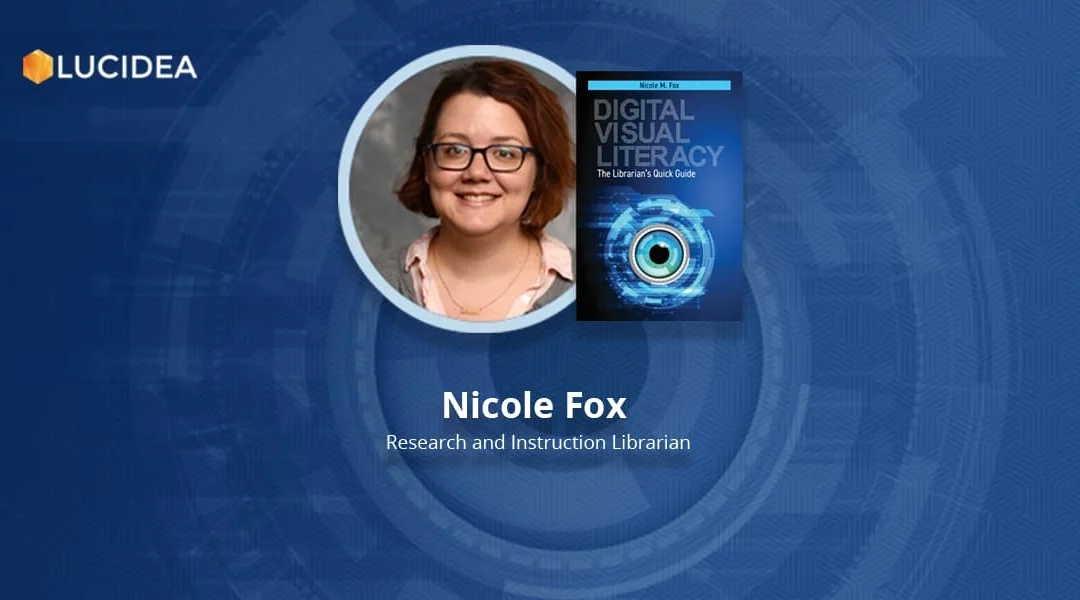
Visual literacy is simply deriving meaning from visual information; images, information literacy and the internet intersect and affect one another.
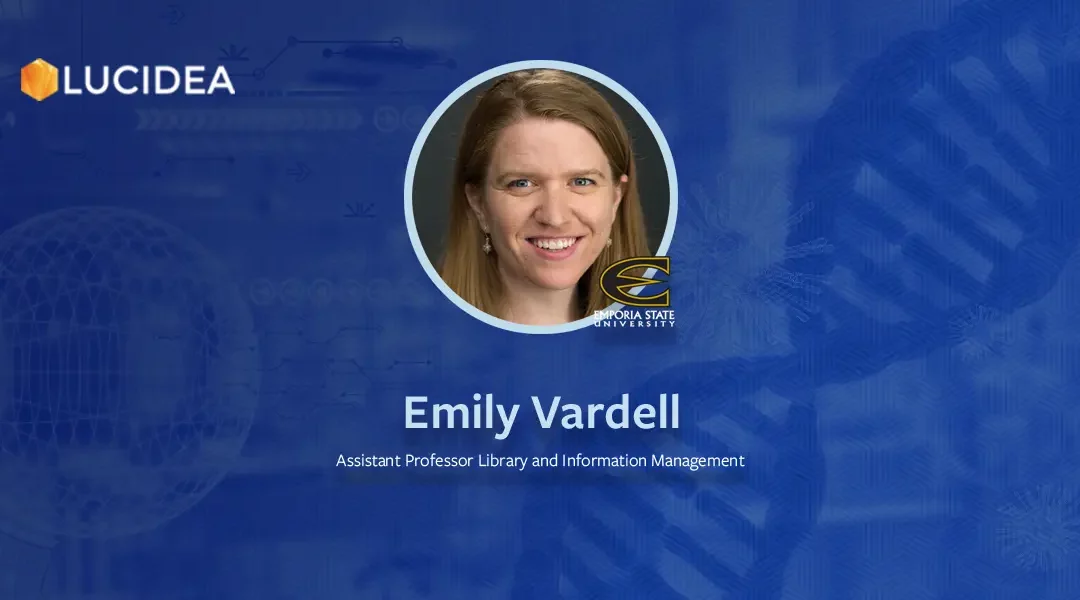
Health sciences librarians fill a multitude of roles within their institutions, and directly impact community health.

Interview with the author of collected stories and methods for a successful library diversity audit plus what works and historic background
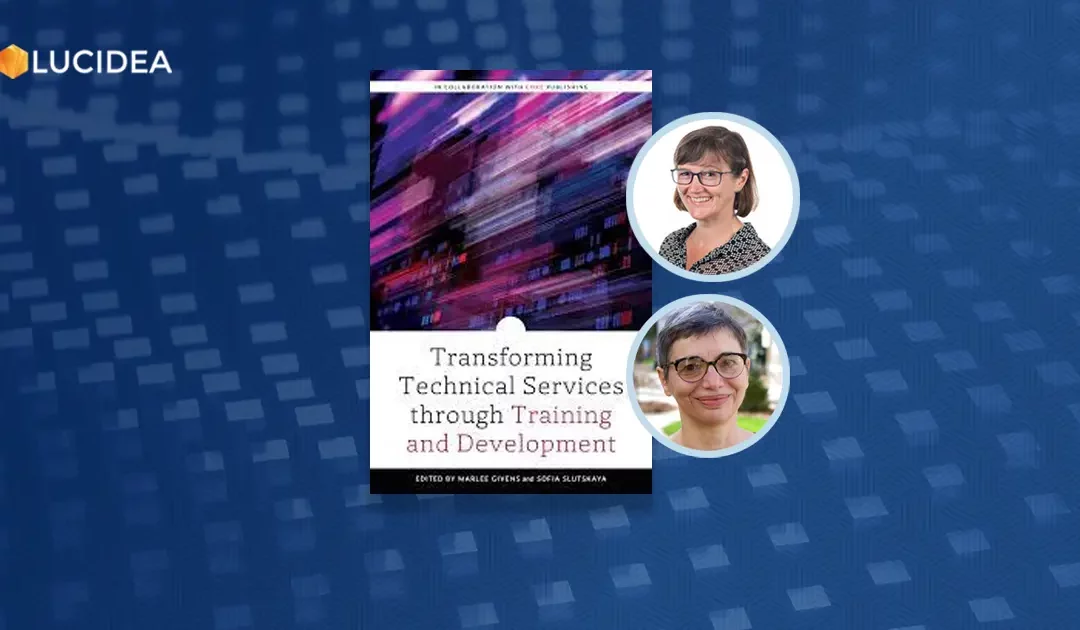
Technical services departments increasingly expected to do more with less, shrinking budgets, staff turnover, lack of visibility, no advocacy
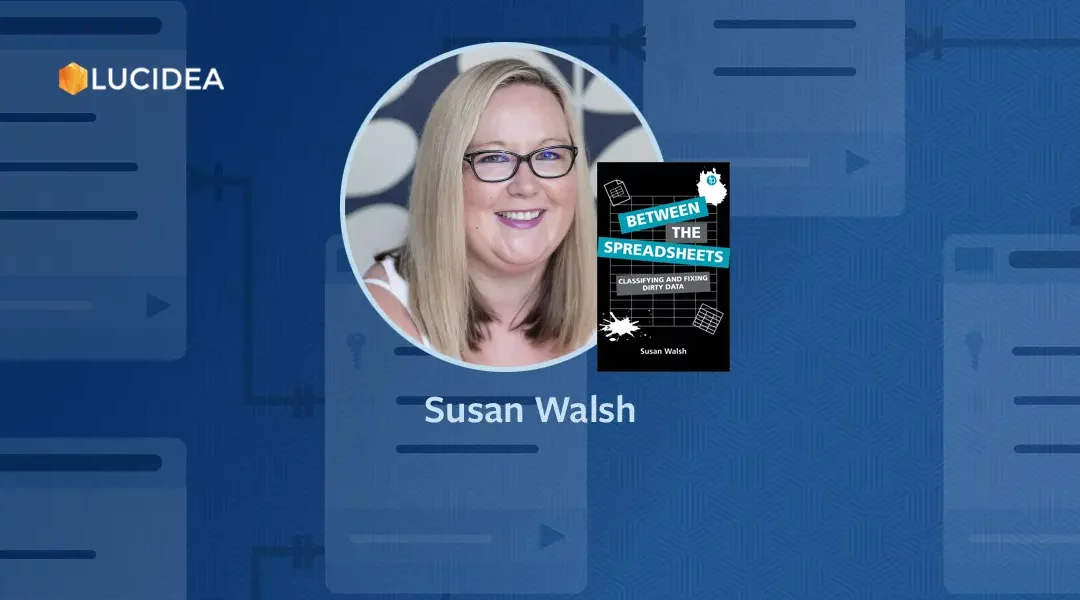
Interview with Susan Walsh from The Classification Guru, the author of a book on finding and fixing dirty data; COAT methodology
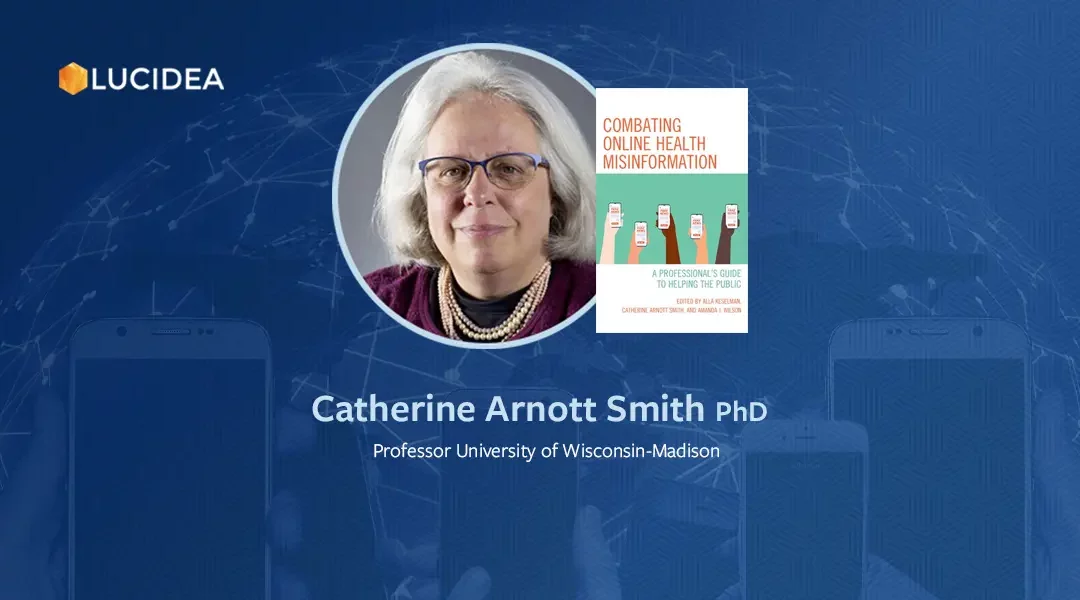
Interview with coeditor of a book for those who work with and teach about medical information and thus about medical misinformation

All librarians are in the business of marketing the library’s services and resources to our user or patron communities.
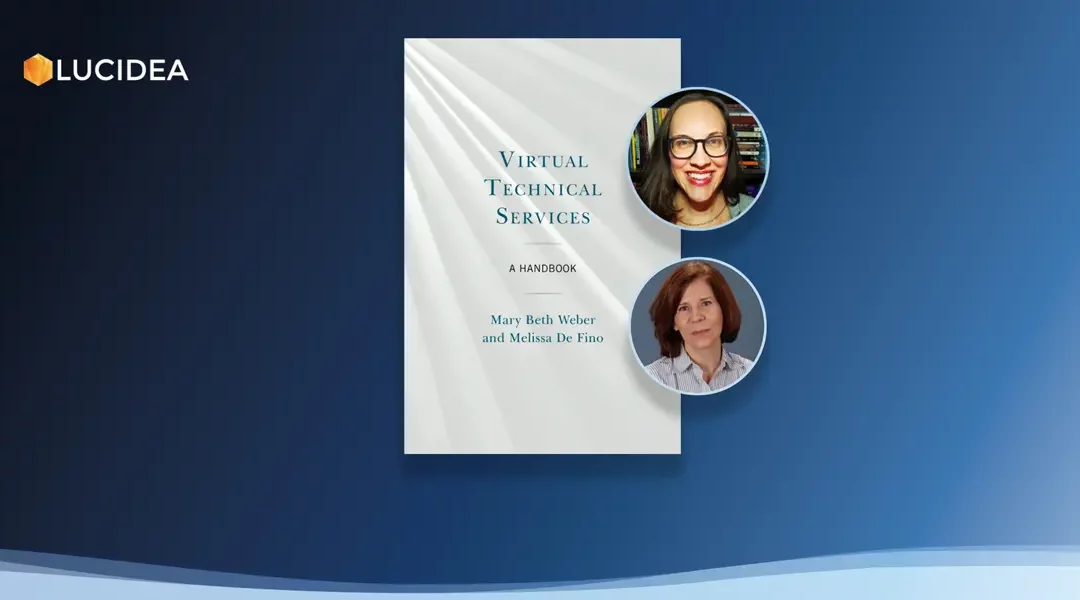
Interview with authors of handbook for people transitioning to working in a remote or hybrid situation; covering management and sustainable workflows.
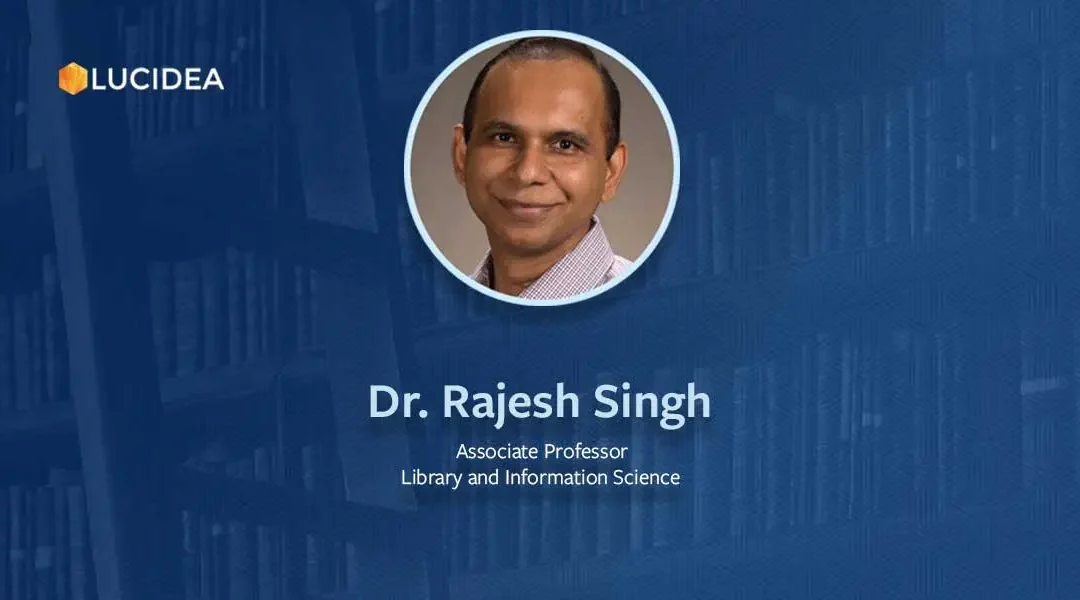
Perspectives on library marketing from a library school professor; get people’s attention, sustain that attention, exceed expectations, surprise users
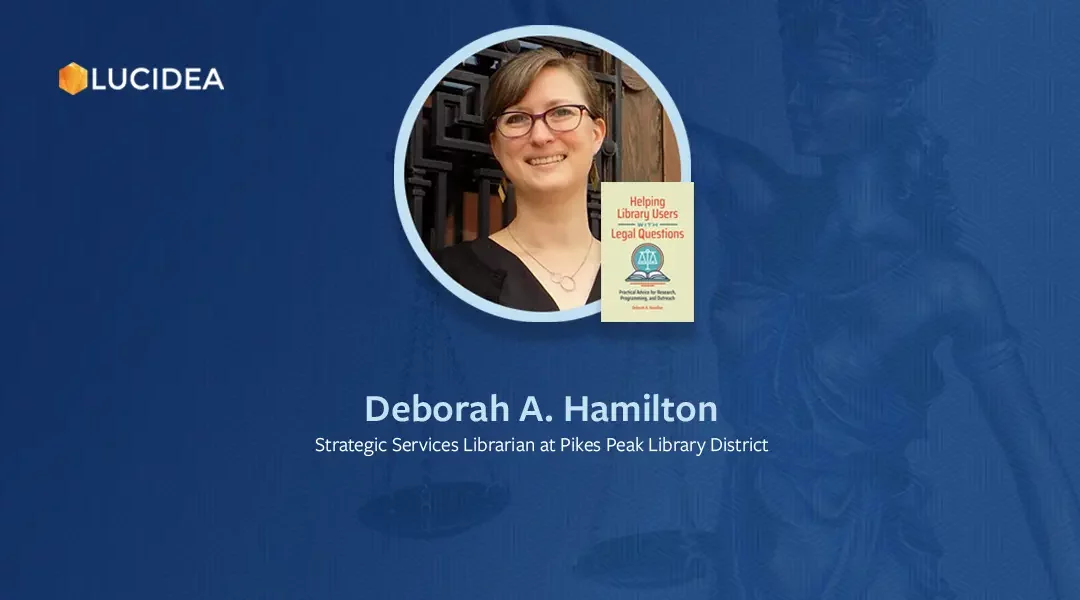
Brief summary of the book Helping Library Users with Legal Questions: Practical Advice for Research, Programming, and Outreach for special librarians
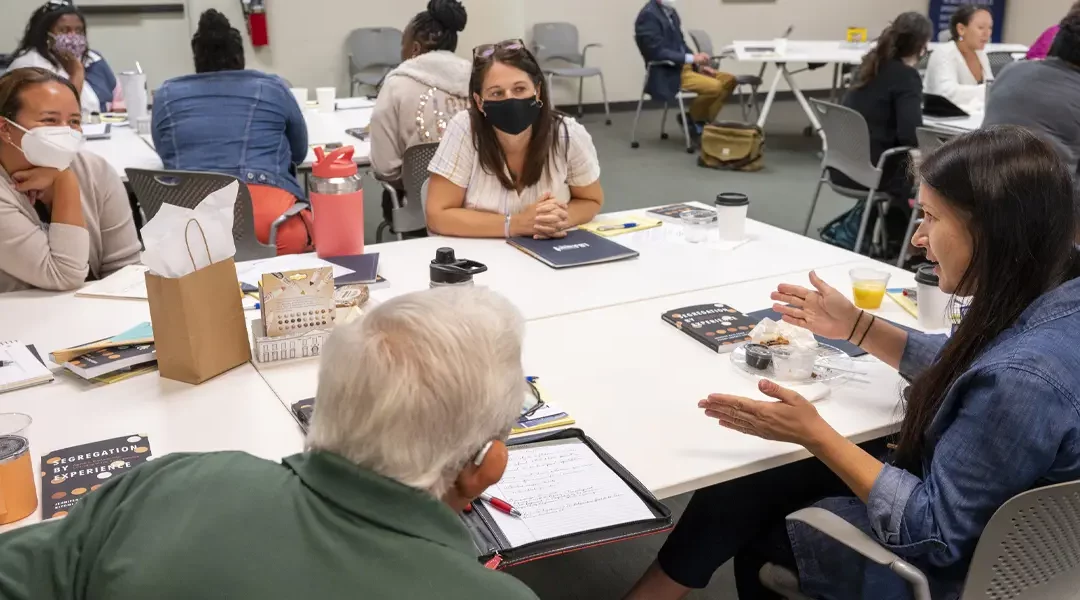
Focus groups librarians organize help to identify patrons’ needs better and understand patron behavior and the impact of services on the library use
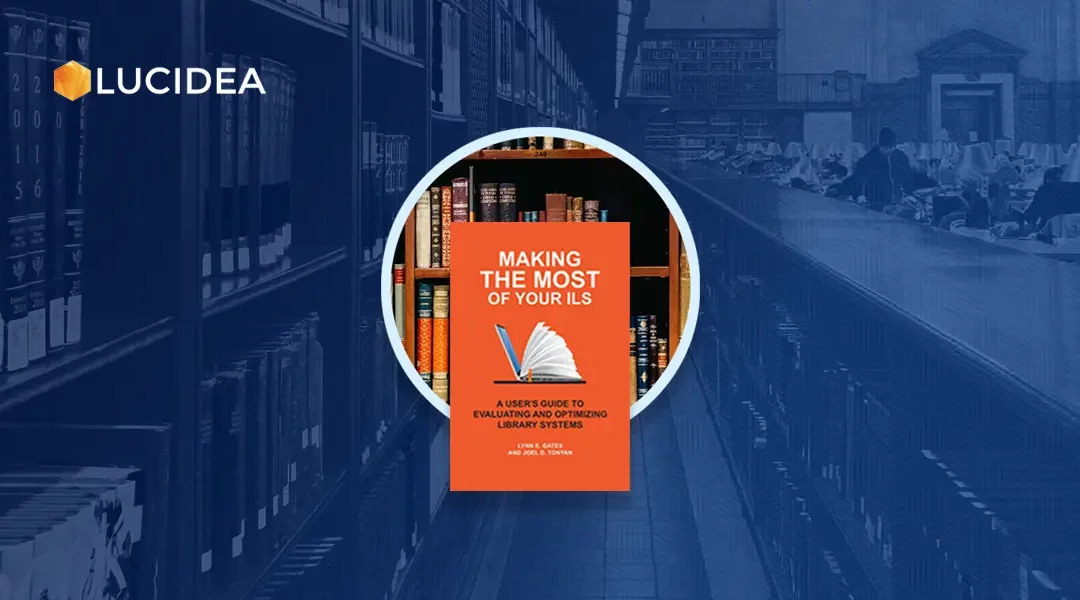
An (ILS) is central to every library’s operations; when well configured, the ILS can positively impact workflows and processes.

Library instructors must make learning meaningful, tell stories, use visual aids, make content relevant, limit distractions to encourage focus

Alana Muller discusses the importance of intentional networking as jobs are increasingly hybrid or remote and its contribution to professional growth.
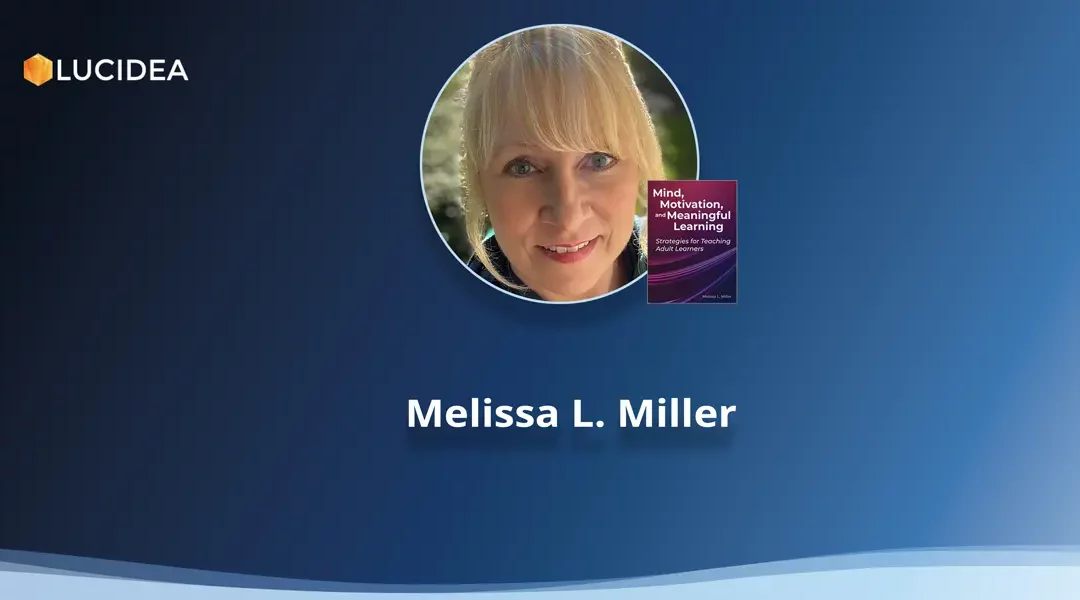
A blueprint for instructional design to help facilitate teaching adult learners in an online environment; relevant to librarians who train others
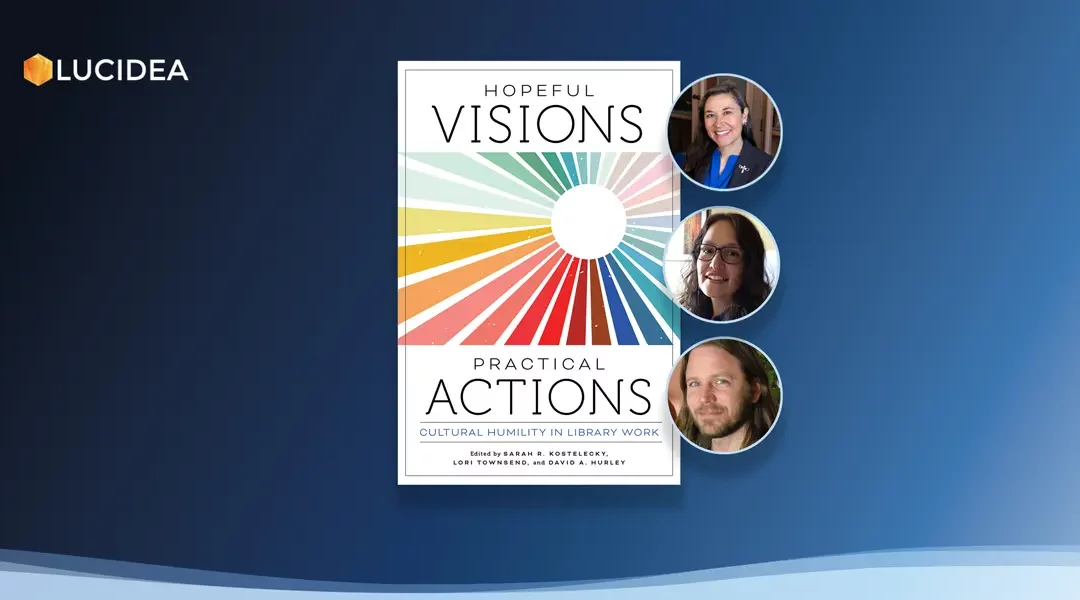
Interview with the editors of Hopeful Visions, Practical Actions: Culture Humility in Library Work.

When creating content for the web librarians should ensure the material is accessible for individuals with a disability; tips and resources